Current and Upcoming
November 19, 2019 – 6:00p
Salar Abdoh is an Iranian novelist and essayist who has authored The Poet Game and Opium. He has also edited and translated the anthology Tehran Noir, and his last book, 2014, was Tehran At Twilight. Abdoh was born in Iran and was forced to flee at age 14 when his father, a prominent cultural figure, was targeted by thenew government that came to power after 1979 revolution. Six months after relocating to the US, Abdoh’s father passed away, leaving him and his two brothers homeless in Los Angeles. Now, Abdoh is the director of the graduate program in Creative Writing at theCity College of New York at the City University of New York. He will discuss his latest novel, TEHRAN AT TWILIGHT which is at once a political thriller and a family saga and the story of displacement, friendship and loyalty.
Sponsored by the Kelly Writers House.
“Spark Showers Way Out West: Forging an Author through Self-Commentary in Andalusi Arabic Poetry” – Kevin Blankinship (Brigham Young University)
November 20, 2019 – 12:00p
Kevin Blankinship is Assistant Professor of Arabic at the Department of Asian and Near Eastern Languages at Brigham Young University. A Middle East medievalist, his teaching includes Arabic language and literature, Islamic civilization, the Qur’an, and poetry, especially that of Islamic Iberia and North Africa. His PhD thesis (University of Chicago, 2018) is called “Thresholds of Doubt,” and is about the ethics of authorship as seen through the paratexts — titles, prefaces, glosses, and other ancillary writings — of the blind poet and alleged heretic al-Ma’arri (d. AD 1058).
His forthcoming publications include a co-authored study of al-Ma’arri’s authorship beside that of Byzantine polymath John Tzetzes, a book chapter on al-Ma’arri’s veganism, and an article on medieval Arabic criminal slang. He is receipient of grants by the Fulbright-Hays Program, the University of Southern Denmark, and the University of Utah. He also reviews books for general-interest audiences, writes commentary about Middle Eastern culture and society, and works as a freelance Arabic translator. His works appear in the Los Angeles Review of Books, Jadaliyya, and Bridges Magazine (BYU).
Sponsored by the Department of Hispanic and Portuguese Studies.
On Exhibit: Manuscriptistan: Photographs by Anthony M. Cerulli (University of Wisconsin-Madison)
September 9 – December 13, 2019 | Kamin Gallery, First Floor, Van Pelt-Dietrich Library
Today across South Asia, archives house countless palm-leaf and paper manuscripts. Unique manuscript traditions in each region reveal linguistic, religious, and cultural nuances that, when taken together, reflect the sociocultural diversity of the South Asian region. The present project, Manuscriptistan, is a photographic documentary of India’s manuscript archives. Yet, importantly, Manuscriptistan is not a study of the particular knowledge systems contained on the leaves inside the covers of the manuscripts shelved throughout the country. Rather, it is about the aesthetics of archival space in India. It is about the organizational logic used to arrange manuscripts. It is about the Indian manuscript as an artistic artifact that, when captured on film, holds a viewer’s gaze because of its delicate yet worn elegance and historic gravity. Finally, Manuscriptistan also offers an ethnographic account of the people who manage the spaces where manuscripts are held, from cataloguers to preservationists, from faculty directors to graduate students studying manuscriptology, and from security guards to maintenance staff.
The photographer, Anthony Cerulli, is an historian of Indian religions and medicine. He teaches at UW–Madison in the Department of Asian Languages and Cultures. He has been doing research in manuscript archives in India since 2003, when he first began appreciating the visual appeal and compelling spaces of India’s manuscript cultures.
Past Events
Bitter English: Ahmad Almallah in Conversation with Esraa Al-Shammari (University of Pennsylvania)

September 26, 2019 – 6:00
Through finely crafted poems Ahmad Almallah replicates his own verbal and cultural experience of existing between languages and socities. There is a sense of displacement to these poems as Almallah recounts the amusing, sad, and perilous moments of day-to-day living in exile.
Sponsored by Middle East Center and the Penn Book Center.
Islamic Manuscripts Workshop
September 27, 2019 – 9:00a
This workshop familiarizes manuscript scholars with the Islamic codicological tradition. Students will be introduced to collation, common types of hands, bindings, paper, and layouts, including traditional locations and styles of recording authors, titles, and dates. Students will be given opportunities to work hands-on with manuscripts from the Penn Islamicate manuscripts collection, recently cataloged for the first time through the Manuscripts of the Muslim World project. Students will develop new approaches in working with Islamicate manuscripts for their future research. The workshop will draw primarily on Arabic language texts, and is aimed at anyone with a passing familiarity with Arabic, Persian, or Ottoman Turkish. Food will be served. If tickets are no longer available, email aviden@sas.upenn.edu to be placed on the waiting list.
Sponsored by Middle East Center and Penn Libraries.
“Tijaniyya in the History of Niumi (Gambia): Reflections on Jihad and Conversion” – Assan Sarr (Ohio University)
October 3, 2019 –
Sponsored by the Departments of Africana Studies and History and the Center for Africana Studies.
Liar’s Candle: Book talk with August Thomas, in Conversation with Ali Noori (University of Pennsylvania)
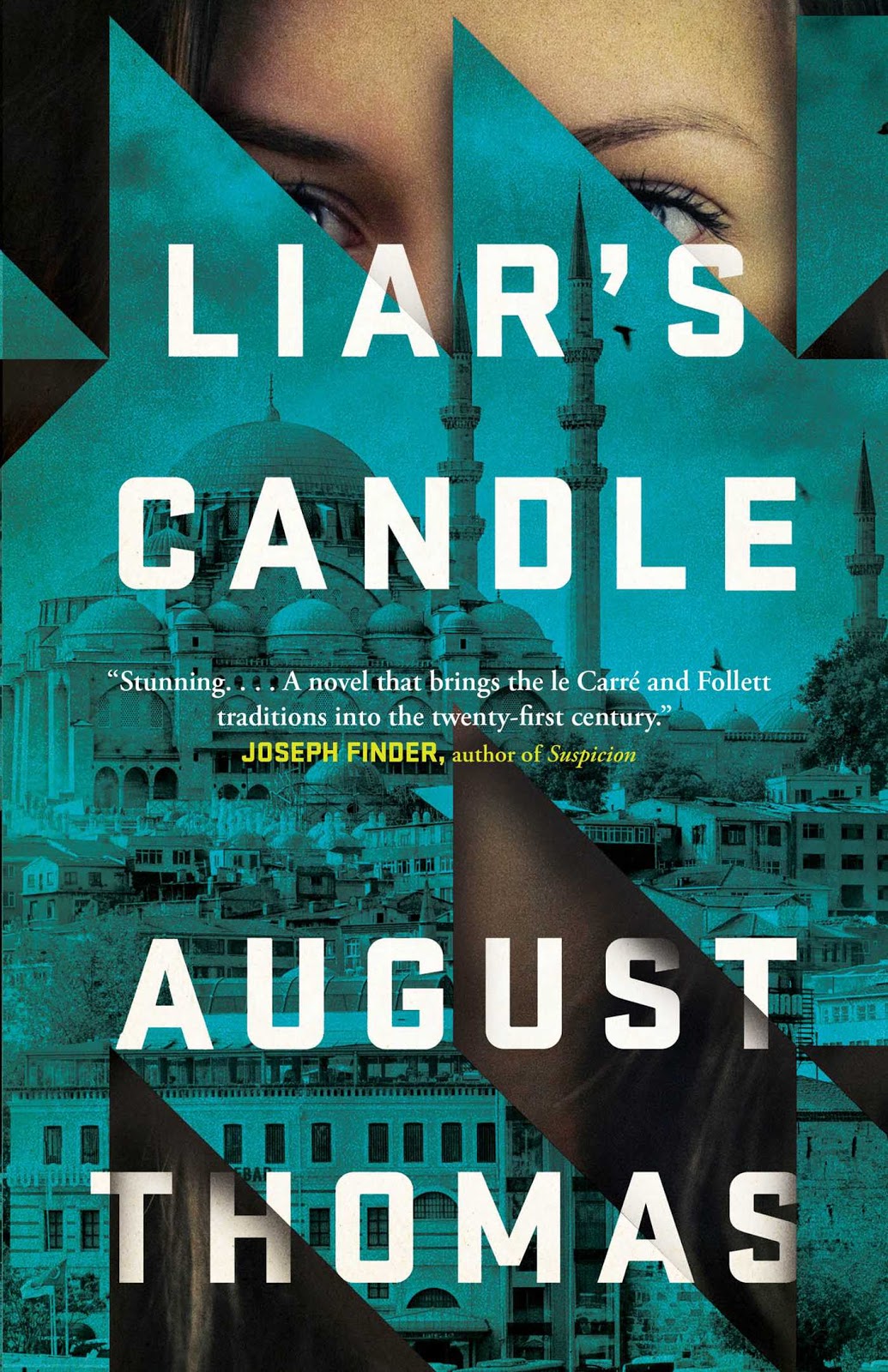
October 14, 2019 –
Join us for a book talk with author August Thomas about Liar’s Candle (2018): a spy-novel set in Ankara, Turkey. She will be in conversation with Ali Noori, PhD candiate in Religious Studies at the University of Pennsylvania
Sponsored by Middle East Center, Department of Near Eastern Languages and Civilizations, and Penn Book Center.
Who Belongs at Home? Kamila Shamsie in Conversation with Emily Wilson

October 16, 2019 –
Kamila Shamsie’s seventh novel Home Fire follows three orphaned British Muslim siblings who struggle in different ways with their relationship to the State, after one of them is enticed into becoming a jihadist. Shamsie considers family, nation, and faith in today’s age of terror against the backdrop of Sophocles’ tragedy Antigone, in which two sisters respond differently to the legal consequences of their brother’s act of treason. Home Fire received the 2018 Women’s Prize for Fiction and was longlisted for the 2017 Man Booker Prize. Joining Ms. Shamsie will be Penn Classical Studies Professor and 2019 MacArthur “Genius Grant” Award winner Emily Wilson, whose poetic translation of Homer’s Odyssey illuminates family and social relationships in this ancient text, and the complicated kinship between antiquity and modernity. Shamsie and Wilson will explore the many meanings of home and homecoming, and how violence, colonialism, and war affect identity and community across national and cultural boundaries.
Pre-registration is requested but the event is free and open to the public. Please reserve your spot here.
ASL interpretation will be available and a book signing will follow.
Sponsored by Penn’s Departments of English, Classical Studies, and South Asia Studies, and Alice Paul Center for Research on Gender, Sexuality and Women.
“From Salsa to Jalsa: Race, Music and the Global Andalus” – Hisham Aidi (Columbia University)
October 17, 2019 –
Please join us for a talk by Dr. Hisham Aidi, Senior Lecturer in International Relations, Columbia University’s School of International and Public Affairs, who will discuss race, music and the Global Andalus.
Sponsored by the Departments of Music, Near Eastern Languages and Civilizations, and Religious Studies, Center for Advanced Research in Global Communication, Middle East Center, and Penn Forum for Global Islamic Studies.
“Forging the Ideal Educated Girl: The Production of Desirable Subjects in Muslim South Asia” – Shenila Khoja-Moolji (Bowdoin College)
October 24, 2019 –
Shenila Khoja-Moolji is Assistant Professor of Gender, Sexuality, and Women’s Studies at Bowdoin College. Her work examines the interplay of gender, race, religion, and power in transnational contexts, particularly in relation to Muslim populations. Dr. Khoja-Moolji is the author of Forging the Ideal Educated Girl: The Production of Desirable Subjects in Muslim South Asia (University of California Press; Winner of the 2019 Jackie Kirk Outstanding Book Award by the Comparative and International Education Society; Winner of the 2019 Michael Harrington Award from The Society for the Study of Social Problems). The book combines historical and cultural studies analyses with ethnographic work to examine the figure of the ‘educated girl’ in colonial India and postcolonial Pakistan.
Sponsored by the Department of Religious Studies.
Faleeha Hassan: ‘The Maya Angelou of Iraq’ in Conversation with Rawad Wehbe (University of Pennsylvania)

November 6, 2019 –
Born in Iraq, Faleeha Hassan is a poet, teacher, editor, writer, and playwright. For her many awards in Iraq and throughout the Middle East for her poetry and short stories, she has been described by Oprah.com and other as the ‘Maya Angelou of Iraq’.
A 2019 Pulitzer Prize nominee, Hassan has published twenty books and has had her poetry translated into over ten languages.
Faleeha Hassan will be in conversation with Rawad Wehbe, a PhD candidate in the Department for Near Eastern Languages and Civilizations at the University of Pennsylvania.
Sponsored by Middle East Center and Penn Book Center.
“Seeing, Framing, and Experiencing Manuscript Cultures in Contemporary India,” Lecture by Anthony M. Cerulli
November 5, 2019 –
In conjunctions with the Penn Libraries exhibition Manuscriptistan, please join us for a lecture by curator Anthony Cerulli, University of Wisconsin—Madison, “Seeing, Framing, and Experiencing Manuscript Cultures in Contemporary India,” followed by a panel discussion “Navigating Spaces, Artifacts, and Lives of South Asian Archives,“ led by Jef Pierce, South Asian Studies Librarian, Penn Libraries.
Registration is required. Please reserve your spot here.
“Arabic and Greek Science and Philosophy: Form and Style in the Transmission to the Latin West” Lecture Series – Charles Burnett (The Warburg Institute, University of London)
Ptolemy, [Almagest: manuscript, Spain], A.H. 783 (1381), LJS 268, 132v.
November 11 – 14, 2019 – 5:30p
The A. S. W. Rosenbach Lectures in Bibliography present Charles Burnett, Professor of the History of Islamic Influences in Europe at the Warburg Institute, University of London.
The lectures will draw on evidence from manuscripts in the Schoenberg Collection of University of Pennsylvania Library, and will be illustrated by examples from Arabic, Greek and Latin manuscripts and early printed books. The subject matter will range from mathematics, physics and metaphysics, to medicine, astrology and magic. Attention will be paid especially to the words of the translators, glossators and commentators themselves, as they endeavour to work out the most appropriate and clearest way of conveying the subject matter of their texts to their respective audiences.
Lecture 1: Fides Interpres. The different styles and approaches of the medieval translators from Arabic and Greek into Latin; from the literal to the paraphrastic; from the complete work to the epitome; revision and correction; the significance of the audience.
Lecture 2. Sensus huius litterae est. The varieties in glossing technique; scholia versus readers’ glosses; images as glosses; conversations in the margin; continuities from Greek and Arabic into Latin; the university setting.
Lecture 3. Intentio mea in hoc libro. Long, medium and short commentaries; verse commentaries; commentaries on single books versus summae of several books; the ‘ego’ of the commentator; the scientific textbook.
Pre-registration is requested but the event is free and open to the public. Please reserve your spot here. Present ID at entrance to Van Pelt-Dietrich Library.
For more information: (215) 898-7088; jpollack@upenn.edu.
Sponsored by Penn Libraries.


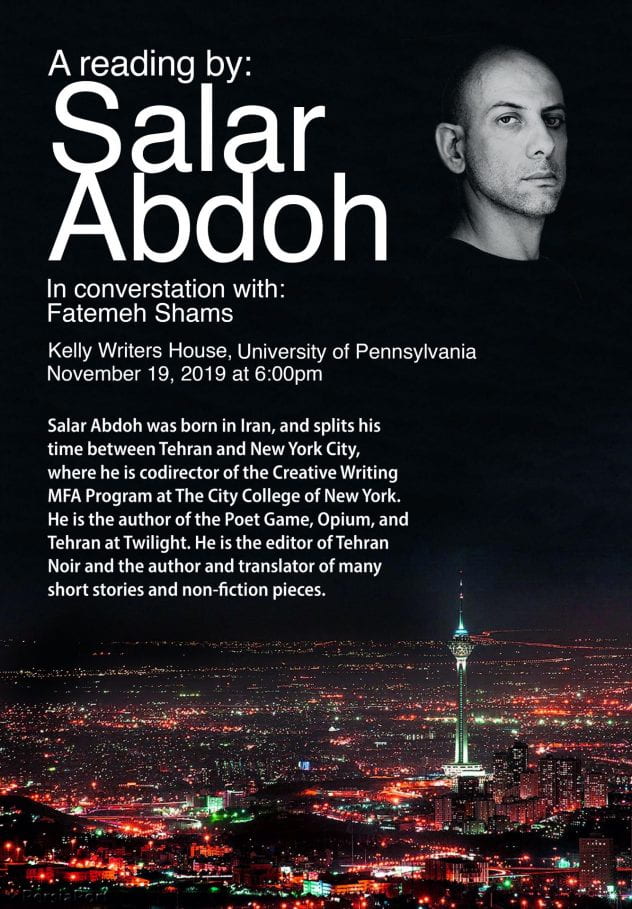

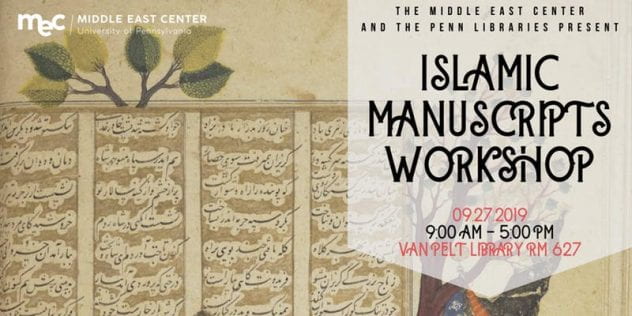
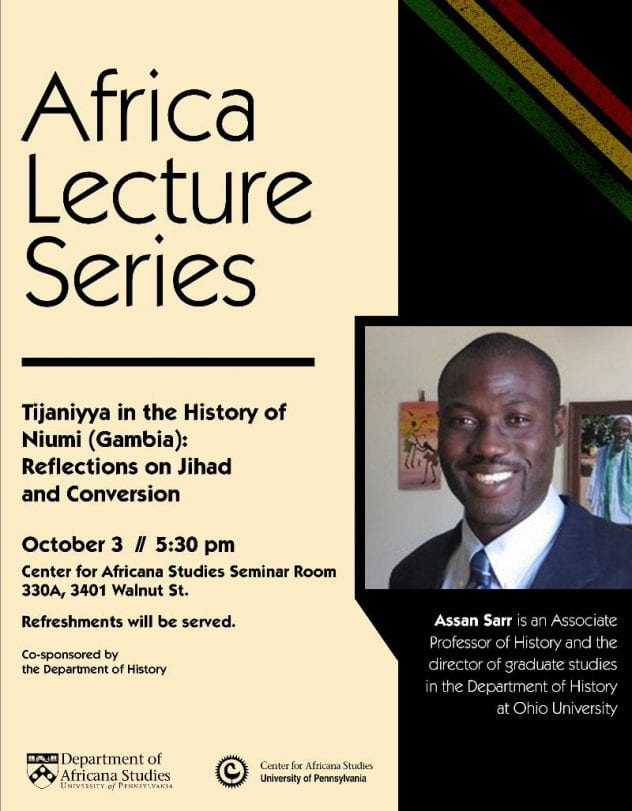
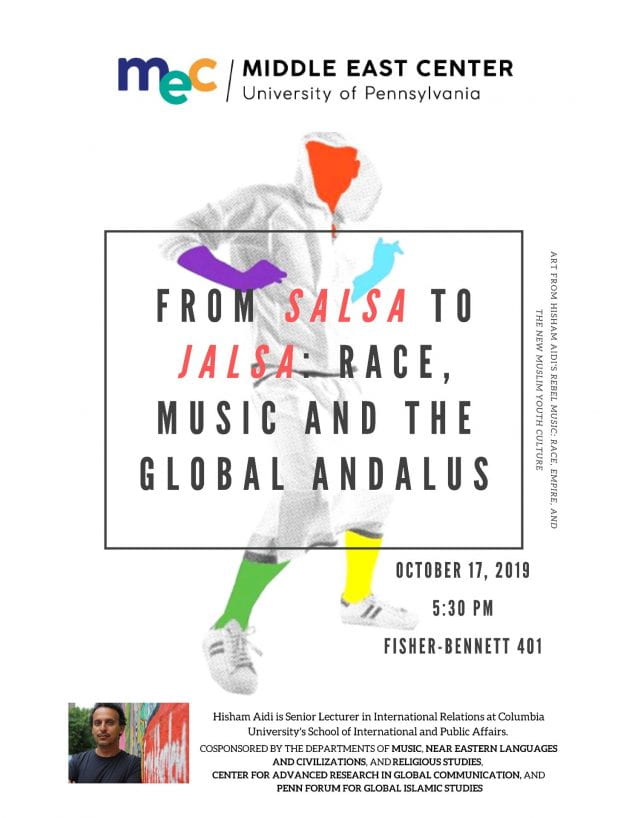
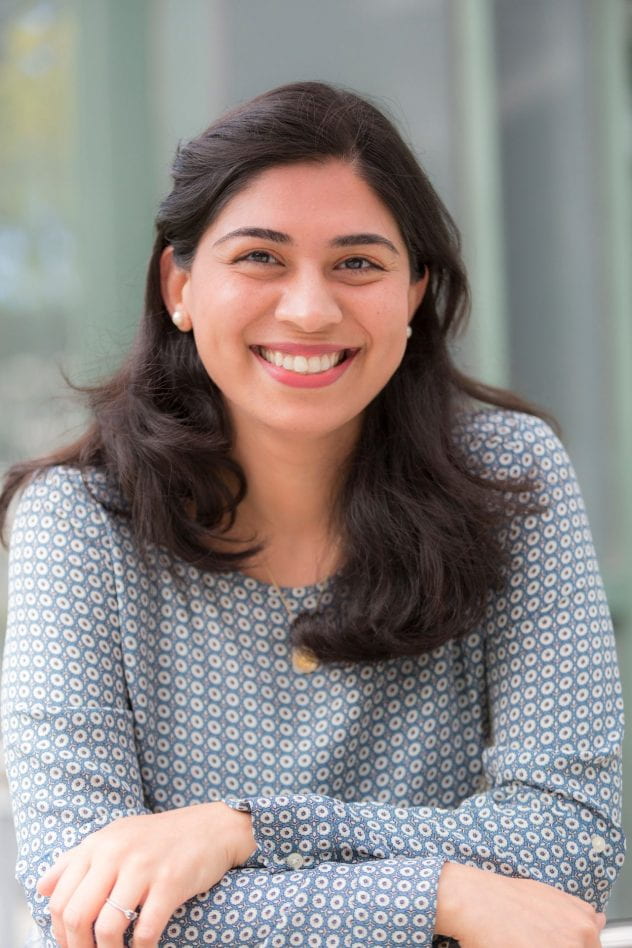
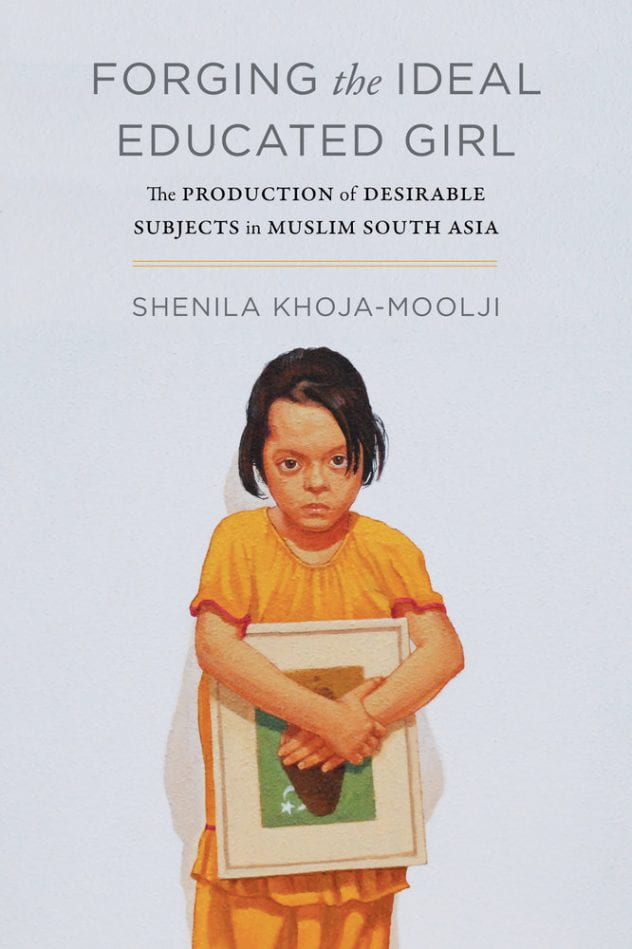
![Ptolemy, [Almagest], LJS 268, 132v](http://www.library.upenn.edu/sites/default/files/2019-07/LJS%20--268.jpg)